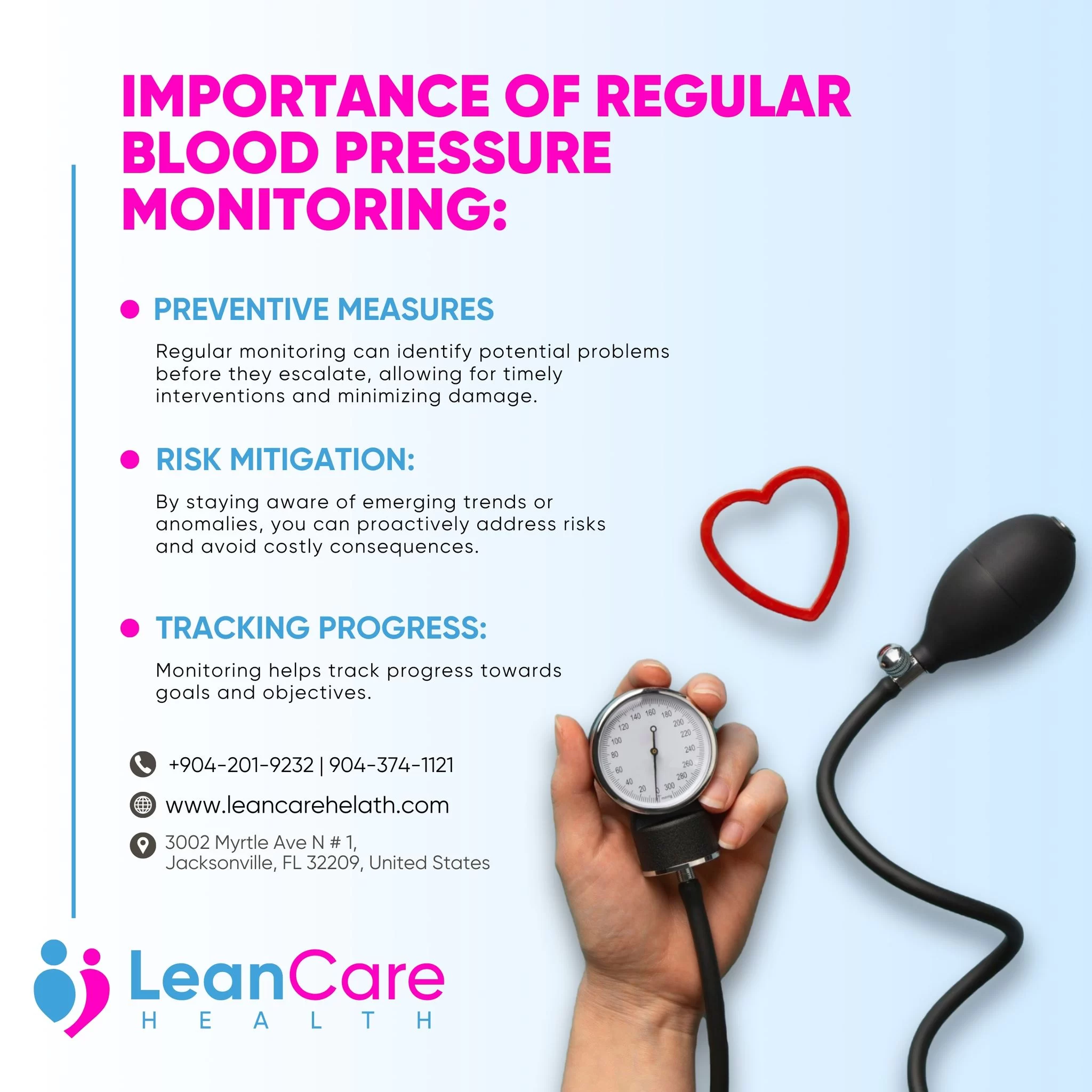Mary, a first-time mother, was so excited when she found out she was expectant. She was overjoyed to explore various baby names and nursery colours and prepare for her new bundle of joy. Mary was carried away, and she never gave any thought to her blood pressure. She always felt healthy and happy. However, her doctor mentioned that her blood pressure was higher than usual during a routine check-up. This led to a discussion between them and it opened her eyes to the importance of monitoring blood pressure during pregnancy.
Monitoring Your Health for a Safe Pregnancy
Many expectant mothers normally do not realize how critical blood pressure is in a healthy pregnancy. Blood pressure is the force at which the heart pumps blood throughout the body. Ensuring that it is in a healthy range is vital for both the mother and the unborn baby.
There are various risks that high blood pressure can pose during pregnancy. However, monitoring and managing blood pressure can minimize these risks. These risks include:
- Complications such as premature delivery, low birth weight and placental abruption (where the placenta detaches from the uterus).
- In more severe cases, high blood pressure can cause stroke or organ damage for the expectant mother.
What is Considered High Blood Pressure in Pregnancy?
Blood pressure readings consist of two numbers: systolic (top number) and diastolic (bottom number). A reading above 140/90 is considered high, and if it reaches 160/110, it’s deemed dangerously high. However, one elevated reading does not confirm high blood pressure—a healthcare provider has to check multiple times to ensure accuracy.
Who is at Risk for High Blood Pressure During Pregnancy?
The likelihood of high blood pressure during pregnancy can be a result of various factors, which include:
- Age: As more women are waiting until later in life to start families, their chances of developing high blood pressure rise.
- Obesity: Being overweight can strain the heart, leading to increased blood pressure.
- Chronic conditions: Existing health issues like diabetes or kidney disease can also elevate the risk.
- First-time pregnancies and multiple pregnancies (like twins) also contribute to higher risk levels.
Types of High Blood Pressure During Pregnancy.
Four main types of high blood pressure can occur during pregnancy:
- Chronic Hypertension is a type of high blood pressure that existed before pregnancy.
- Gestational Hypertension is a type of blood pressure that rises after the 20th week of pregnancy.
- Preeclampsia, which is a very serious condition. It is experienced where high blood pressure is accompanied by organ damage.
- Chronic Hypertension with Superimposed Preeclampsia, which occurs when chronic hypertension escalates into preeclampsia.
How to Lower Blood Pressure While Pregnant.
Blood pressure during pregnancy can be managed by observing a healthy lifestyle throughout the pregnancy term. Additionally, eating a balanced diet, exercising regularly, and avoiding smoking play a vital role in keeping an expectant mother’s blood pressure in check.
A healthcare provider may recommend a low-dose aspirin therapy, starting after 12 weeks. This helps to lower the risk of preeclampsia. Visiting a clinic is crucial as it helps to learn all the safe options available for pregnant women. You can also contact us here at https://leancarehealth.com/contact-us/ for more information, and follow us on Facebook at https://www.facebook.com/profile.php?id=61558545751469 and Instagram at https://www.instagram.com/leancarehealth/ to gain more insights.
Mary’s story reminds all expectant mothers to prioritize keeping their health, including blood pressure, in check. Every expectant mother needs to understand the risks and take preventive measures for a smooth journey into motherhood. This can be easily achieved by working closely with a healthcare provider.
